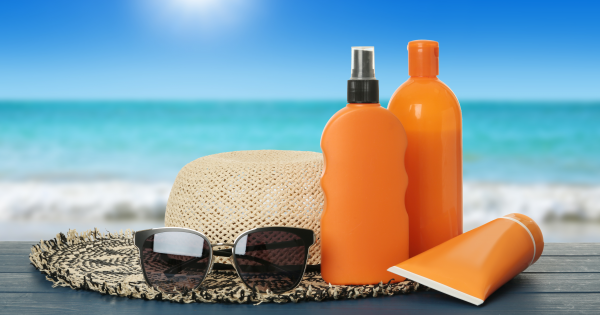Health minister Mark Butler has marked the start of National Skin Cancer Action Week by announcing a new government-supported skin cancer prevention campaign.
Delivered in partnership with the Cancer Council, the $10 million 'Slip, Slop, Slap, Seek and Slide' campaign aims to highlight the importance of being SunSmart most common, most costly and one of the most preventable cancers.
Australia has one of the highest rates of skin cancer in the world. An estimated two-in-three Australians will be diagnosed with skin cancer during their lifetime.
Almost twice as many men as women will die from melanoma this year alone.
Despite this, new research released by the Cancer Council shows fewer than half (49 per cent) of Australian men actively seek shade to protect themselves from the sun during summer, and less than a third (29 per cent) regularly use sunscreen.
With over-exposure to UV radiation causing 95 per cent of melanomas, Australians are reminded to use the five forms of sun protection whenever the UV level is three or above - Slip on sun-protective clothing, Slop on broad-spectrum, water-resistant SPF 30 (or higher) sunscreen, Slap on a broad-brimmed hat, Seek shade and Slide on sunglasses.
The new campaign will begin in December.
“Sadly, skin cancer claims the lives of more than 2,000 Australians every year. Yet, there are easy steps we can take to protect ourselves from the sun and reduce our risk of skin cancer," said Mr Butler.
“Fortunately, most skin cancers can be prevented by using all five forms of sun protection – Slip, Slop, Slap, Seek and Slide. Australians will see these messages throughout this summer and next – at the cricket, on TV, on radio, online – to help remind them how to stay safe from our ‘national cancer’.
“Sun protection saves lives, and we are working with our expert partners to save as many Australian lives as possible from this preventable disease.”
“Our new research reinforces that Australians, particularly men, aren’t protecting themselves on a daily basis," said Megan Varlow, Cancer Council Australia’s director of Cancer Control Policy.
“Not only does our research indicate that Australian men aren’t being safe in the sun, it also shows that almost half, often or always, spend time outside during peak UV hours throughout summer.
“This tells us that more needs to be done to remind people of the easy steps they can take to reduce their risk of skin cancer every day.”
